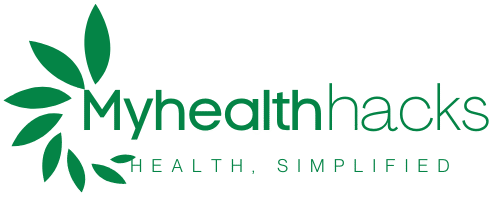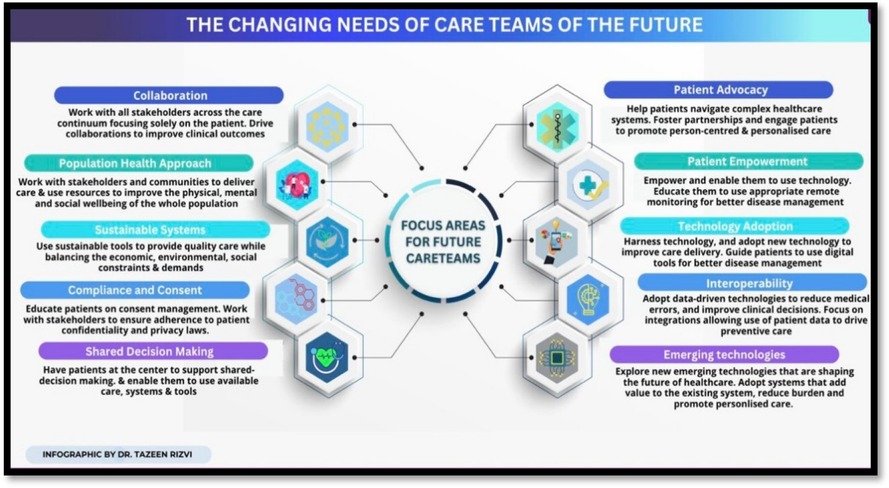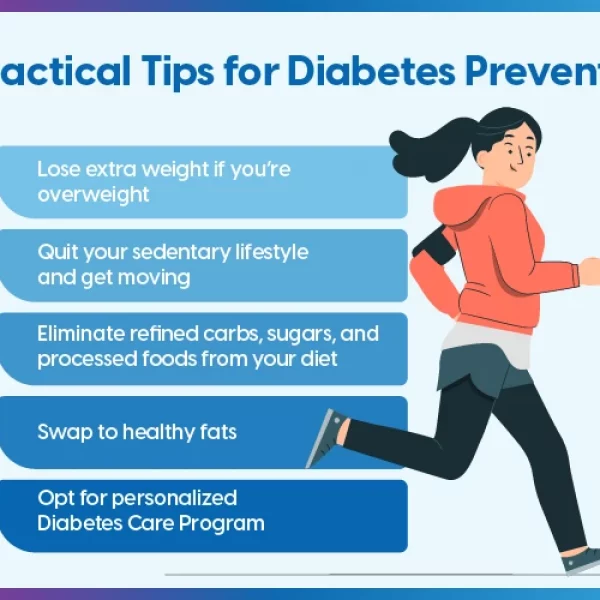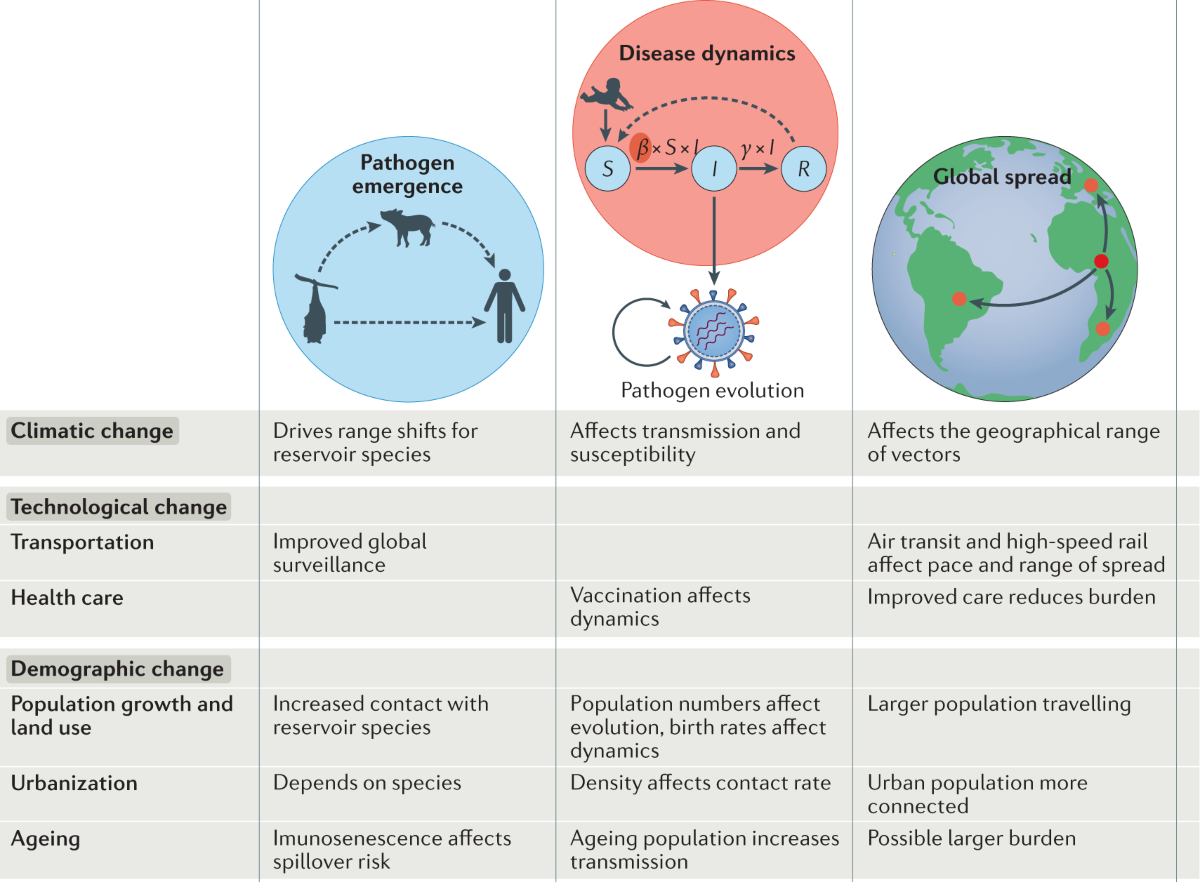Hypertension, commonly known as high blood pressure, is a prevalent condition affecting millions worldwide. While it may not be entirely reversible, significant improvements are achievable through natural lifestyle modifications. This comprehensive guide delves into evidence-based strategies, real-life success stories, and expert insights to empower individuals in managing and potentially reversing hypertension naturally.
Introduction
Hypertension is often termed the “silent killer” due to its asymptomatic nature, yet it poses a significant risk for heart disease, stroke, and kidney failure. The good news is that with consistent lifestyle changes, many individuals can manage and even lower their blood pressure to healthier levels without relying solely on medication.
Understanding Hypertension
What Is Hypertension?
Hypertension occurs when the force of blood against artery walls is consistently too high. Blood pressure readings consist of two numbers:
- Systolic Pressure: The pressure when the heart beats.
- Diastolic Pressure: The pressure when the heart rests between beats.
A reading above 130/80 mm Hg is generally considered high.
Causes and Risk Factors
Several factors can contribute to the development of hypertension, including:
- Genetics: Family history can increase risk.
- Diet: High salt intake and low potassium levels.
- Physical Inactivity: Lack of exercise weakens the heart.
- Obesity: Excess weight strains the heart.
- Age: Risk increases with age.
- Stress: Chronic stress can elevate blood pressure.
Can Hypertension Be Reversed Naturally?
While complete reversal may not be possible for everyone, substantial improvements are achievable. Studies have shown that lifestyle modifications can lead to significant reductions in blood pressure levels.
Natural Strategies to Manage Hypertension
1. Adopt a Heart-Healthy Diet
- DASH Diet: Emphasizes fruits, vegetables, whole grains, and low-fat dairy.
- Reduce Sodium Intake: Limit salt to less than 1,500 mg per day.
- Increase Potassium: Foods like bananas, potatoes, and spinach are rich in potassium.
2. Engage in Regular Physical Activity
- Exercise: Aim for at least 150 minutes of moderate-intensity exercise weekly.
- Activities: Walking, cycling, swimming, and yoga can be beneficial.
3. Maintain a Healthy Weight
- Weight Loss: Even a modest weight loss of 5-10% can lower blood pressure.
- Waistline: Monitoring waist circumference can be an indicator of health risks.
4. Limit Alcohol and Caffeine Intake
- Alcohol: Limit to one drink per day for women and two for men.
- Caffeine: Monitor intake, as it can cause temporary spikes in blood pressure.
5. Manage Stress Effectively
- Relaxation Techniques: Practice meditation, deep breathing, or progressive muscle relaxation.
- Sleep: Ensure 7-9 hours of quality sleep per night.
6. Quit Smoking
- Smoking: Increases blood pressure and heart rate. Quitting can improve heart health.
7. Monitor Blood Pressure Regularly
- Home Monitoring: Use a home blood pressure monitor to track readings.
- Regular Check-ups: Visit healthcare providers for routine assessments.
Real-Life Success Stories
Case Study 1: Sarah’s Journey
Sarah, a 45-year-old teacher, was diagnosed with stage 1 hypertension. By adopting the DASH diet, engaging in daily 30-minute walks, and practicing mindfulness, she reduced her systolic blood pressure from 145 to 120 mm Hg within six months.
Case Study 2: John’s Transformation
John, a 60-year-old retiree, struggled with obesity and high blood pressure. Through weight loss and regular exercise, he lost 15 pounds and lowered his blood pressure from 160/95 mm Hg to 130/80 mm Hg over a year.
Expert Insights
Dr. Jane Smith, a cardiologist at the Heart Health Institute, states, “Lifestyle modifications are the cornerstone of hypertension management. While medication may be necessary for some, many individuals can achieve significant improvements through natural means.”
Frequently Asked Questions (FAQs)
1. Can stress cause high blood pressure?
Yes, chronic stress can lead to sustained high blood pressure levels.
2. Is it safe to stop taking blood pressure medication if levels improve?
Always consult with a healthcare provider before making changes to medication regimens.
3. How quickly can lifestyle changes impact blood pressure?
Improvements can be seen within a few weeks to months of consistent lifestyle modifications.
4. Are there any herbal supplements that help lower blood pressure?
Some studies suggest that garlic and hibiscus tea may have mild blood pressure-lowering effects.
5. Can losing weight help reduce blood pressure?
Yes, even a modest weight loss can lead to significant reductions in blood pressure.
Conclusion
Managing and potentially reversing hypertension naturally is achievable for many individuals through consistent lifestyle changes. By adopting a heart-healthy diet, engaging in regular physical activity, managing stress, and maintaining a healthy weight, individuals can take proactive steps toward better cardiovascular health.




